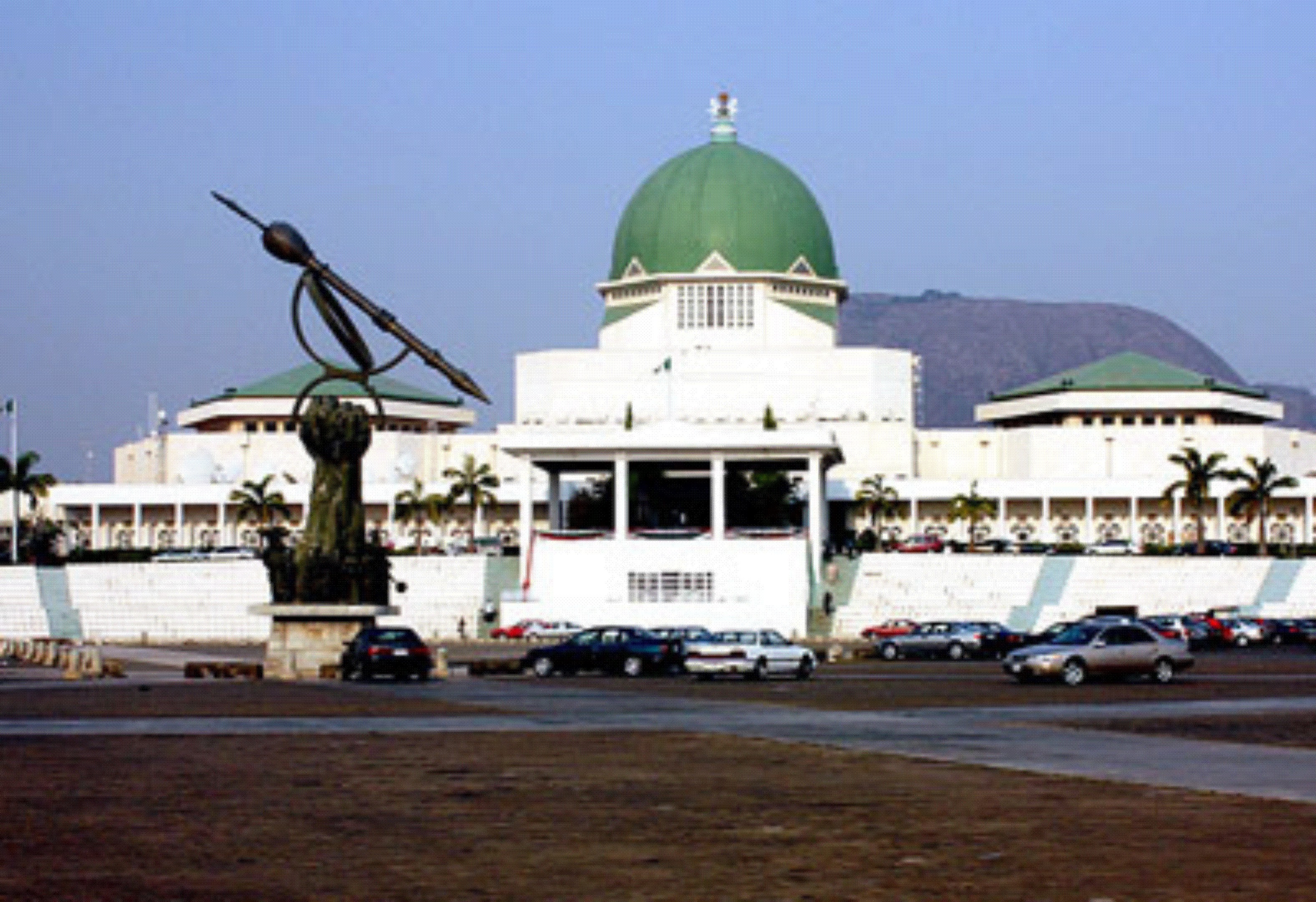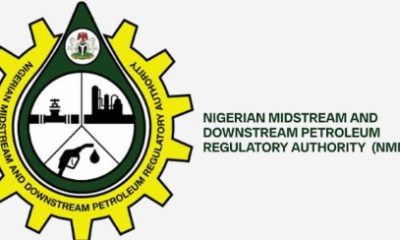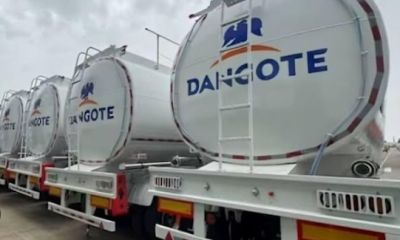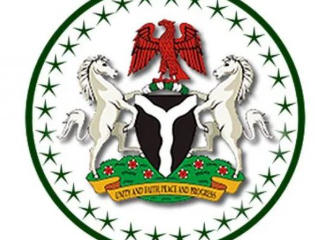Business
PIB: Senate President And Sincerity Of Purpose
Published
5 years agoon
By
Publisher
By Ifeanyi Izeze
“The Petroleum Industry Bill (PIB) is like a demon; that PIB thing, there are people both inside and outside the country, who would work against it, but it is going to take the strength of our patriotism to pass it and; by the grace of God, when we resume, we will start work on the Petroleum Industry Bill.” This affirmation by the Senate President Ahmad Lawan is both funny and at the same time commendable though with serious caveat.
When he said last week in Abuja that there are forces within and outside the country working desperately to frustrate the consideration and passage of the Petroleum Industry Bill presently before the National Assembly, he was very correct but by half. The other half he failed to say was that the forces within which are all Nigerians had been a bigger stumbling block simply because of lack of the will-power to be honest to take unfeigned unbiased and patriotic stance.
Also read: PIB is like a demon, says Ahmad Lawan
Whether anybody wants to hear this or not, over 80 percent of the identified “forces within” are mainly domiciled in the two chambers of the National Assembly and being prompted by the remaining less that 10 percent tribal warlords and self- appointed sectional thinkers who feel that restructuring the legal framework guiding the oil industry would be detrimental to the interests of their region.
The forces outside the country are well known- the foreign transnational oil companies that prefer the existing negatively skewed policies that criminally favour only the operators.
Also read: PIB: Nigeria’s futile search for transparency in oil industry
Agreed that forces outside the country with interests in our oil and gas business have covertly worked against any reworking of the legal framework guiding the sector, it is a shame that for over 20 years, our National Assembly still grapples with a legislation to bring better governance and highly needed transparency to Nigeria’s most important economic sector.
The main purpose of the PIB as concieved is to make the nation’s oil sector investment-friendly for both local and foreign investors with attendant economic gains for the country in terms of enhanced revenues. Through it, the required competitive environment will be provided for businesses to grow and investors will make their gains as well as Nigerians getting value for their monies and government getting more revenues.
There have been failed attempts by previous Assemblies to pass this piece (s) of legislation. In the case of the Seventh Assembly, the lower legislative chamber passed the bill but the senate failed to concur with it.
Also Read: FG and Amended Deep Offshore Act: Why Nigeria should ask for reparation
The National Assembly in its wisdom believed that the Petroleum Industry Bill (PIB) as originally packaged was too ambiguous and decided to break the document into bits and pieces to make it more manageable and effective. And apart from content issues with prior versions, one of the major drawbacks to passage as claimed by the lawmakers was the bogus packaging as a single legal instrument.
The Eight Assembly subsequently broke the PIB into five components and passed the petroleum industry governance bill (PIGB) but President Muhammadu Buhari refused to sign the bill, citing some constitutional reasons.
The PIB is one heck of a legislation that not only Nigeria but the entire world is waiting – because that will completely change the Nigerian economy. Money will start flowing.
As a result, the original document was split into four (4) smaller bits: Petroleum Industry (Governance and Institutional Framework) Bill; Petroleum Industry (Fiscal framework and Reforms) Bill; Petroleum Industry (Upstream Administration Reforms) Bill; Petroleum Industry (Downstream Administration Reforms) Bill and; Petroleum Industry (Revenue Allocation and Management Reforms) Bill.
Listening to the Senate President, someone would assume that his 9th Senate was passing the totality of the PIB document into law. No, this is not it. He was only talking about the PIGB which is only one of the five pieces of legislation that emerged from the split of the original document.
Is anybody still pretending not to know that one of the major challenges facing the petroleum industry in this country is host community and Niger Delta issues? How do you then reconcile the fact that in the five resultant pieces of the original PIB, no single mention was specifically made of the “Host Community Fund” as initially agreed though it is assumed that the fourth bill (Revenue Allocation and Management Bill) may address issues of the funds for the development of oil producing communities?
Curiously also, the perceived mischief in all these is that, the Revenue Allocation and Management Bill which is believed should address issues of the oil producing host communities fund was either by omission or deliberate mischief placed as the last of the bits of documents to be discussed by the Senate. And whether they are right or wrong, some concerned people of the Niger Delta are believing that the logic is to serve the controversial consideration of the interests of oil field communities last with the hope that the hurdle will never be reached within the life of this government or that the controversy would have died of its own accord by such a time.
Whether anybody wants to hear this or not, the Niger Delta people are already seeing the actions of the National Assembly as a calculated move aimed at making laws for the smooth governance of exploitation and exploration of the abundant oil reserve within the region without any consideration of the interests of host communities that have been criminally battered by years of deliberate marginalisation and neglect by the federal government in addition to the devastating effects of the continued irresponsible operational practices of the oil companies.
Though it may be wrong to believe that prioritising and singling out of the PIGB to be passed first was a calculated move aimed at making laws for the smooth governance of exploitation and exploration of the Niger Delta region against the interest of the people, as affirmed by concerned interest groups, the National Assembly should know, if they want to be sincere to themselves, that to calm frayed nerves and ensure peace and hitch-free oil operation in the country, the bit that addresses the issue of the proposed special funds for the development of oil producing communities must be taken up immediately with the urgency it deserves.
Is it not worrisome that we are talking of over 20 years to pass the first fragment of the Petroleum Industry Bill (PIGB)? And if this pace is maintained, it will obviously take many more decades for the remaining four fragments –which will most likely have far reaching positive effects on the oil communities and the people in the Niger Delta–to be passed.
The federal government- executive and legislature should know that the singular passage of the PIGB will not deliver the full benefits of the intended reforms except the other aspects of the Petroleum Industry Bill are concurrently legislated upon particularly the aspects that address fiscal reforms and the concerns of the oil host communities. God bless Nigeria!
You may like


NMDPRA – Nigerians spend N1.3tn on petrol in June amid soaring energy costs


NOGASA urges government intervention as Dangote refinery’s direct supply plan sparks industry fears


FG defends borrowing plan, claims 10 states involved


Nigeria sheds Top importer status as Dangote refinery transforms Africa’s fuel market


Kaduna women protest alleged KRPC chemical pollution, Demand action


NNPC Foundation donates 25,000 STEM textbooks and mini libraries to 25 secondary schools
Trending

 Entertainment6 days ago
Entertainment6 days agoSimi addresses resurfaced 2012 tweets amid online backlash

 Health1 week ago
Health1 week agoSCFN, LUTH introduce bone marrow transplants as curative treatment for sickle cell

 Health4 days ago
Health4 days agoDeclassified CIA memo explored concealing mind-control drugs in vaccines

 Football1 week ago
Football1 week agoHarry Kane nets brace as Bayern edge Frankfurt 3–2 to go nine points clear

 Football1 week ago
Football1 week agoLate Flemming header stuns Chelsea as Burnley snatch 1–1 draw at Stamford Bridge

 Crime5 days ago
Crime5 days agoSenior police officers faces retirement after Disu’s appointment as acting IGP

 Education6 days ago
Education6 days agoPeter Obi urges JAMB to address registration challenges ahead of exams

 Crime1 week ago
Crime1 week agoTwo killed, seven injured in early-morning shooting in Richmond’s Shockoe Bottom

